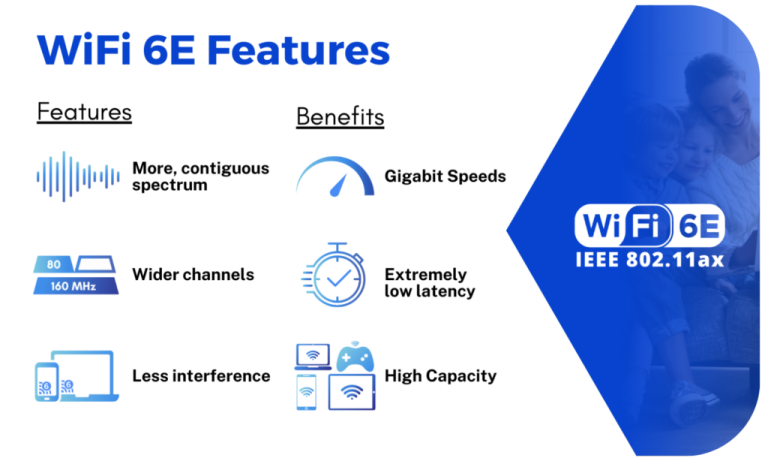What Does Within ITU Mean? Overview of Its Relevance in Telecom
telcomatraining.com – In the rapidly evolving world of telecommunications, understanding industry terminology is crucial for staying up-to-date with technological advancements and regulatory frameworks. One such term frequently encountered is “ITU,” which stands for the International Telecommunication Union. This article delves into the meaning of “within ITU,” its significance, and its relevance in the context of telecommunications.
What Is ITU?
The International Telecommunication Union (ITU) is a specialized agency of the United Nations (UN), established in 1865. Its primary mission is to coordinate global telecommunication standards, ensure the efficient use of the radio-frequency spectrum, and foster the expansion of telecommunications infrastructure worldwide. The ITU is responsible for regulating the global telecommunication landscape, from satellite communications to mobile networks and broadband services.
The ITU is made up of three main sectors:
- ITU-R (Radio Communication): Focuses on the management and allocation of the radio-frequency spectrum and satellite orbits.
- ITU-T (Telecommunication Standardization): Develops and maintains global technical standards for telecommunications.
- ITU-D (Telecommunication Development): Works to promote equitable access to telecommunications and information technology worldwide.
Each of these sectors plays a critical role in shaping the telecommunications landscape, ensuring interoperability, and guiding the growth of technologies that connect the world.
What Does “Within ITU” Mean?
The phrase “within ITU” refers to the various activities, rules, and frameworks that fall under the purview of the International Telecommunication Union. This encompasses the development of international standards, the establishment of agreements on spectrum allocation, and the provision of technical assistance for telecom infrastructure development.
When someone refers to something being “within ITU,” they are usually discussing a policy, standard, or initiative that has been endorsed or regulated by the organization. This could include:
- Global Standards: Technical specifications developed by ITU-T, which help ensure that telecommunications networks, such as the internet and mobile communication systems, function smoothly across different countries and regions.
- Regulatory Frameworks: Guidelines and agreements regarding the allocation of resources like spectrum bands and satellite orbits.
- Development Initiatives: Programs under ITU-D aimed at bridging the digital divide by providing technical support to developing countries.
Relevance of ITU in the Telecom Sector
The relevance of ITU in the telecom sector cannot be overstated. It has a profound impact on the way telecommunications operate globally, and its decisions and standards influence how companies design and deploy their systems. Here’s how ITU’s role shapes the telecom industry:
- Global Standards and Interoperability: ITU-T plays a pivotal role in the creation of international technical standards, which ensure that telecommunication systems are interoperable across borders. For instance, the development of standards for 5G technology, which are now being adopted globally, is guided by ITU-T. This helps prevent fragmentation in technology and ensures that users worldwide can benefit from seamless connectivity.
- Spectrum Management: Spectrum allocation is critical in the telecom industry, especially as demand for wireless services continues to grow. ITU’s role in managing and allocating the radio-frequency spectrum prevents interference and optimizes the use of available frequencies for different telecommunications applications. By coordinating spectrum use internationally, ITU helps avoid conflicts between nations and operators.
- Facilitating Technological Development: ITU’s initiatives in telecom development, particularly through ITU-D, focus on fostering technological advancements and expanding infrastructure, especially in underserved regions. These efforts help improve internet access and communication services in remote and developing areas, ensuring that the benefits of telecom technologies reach everyone.
- Policy Coordination: The ITU acts as a neutral platform where member states, telecom operators, and other stakeholders can collaborate to establish policies that foster global growth and fairness in the telecom industry. Whether it’s on issues such as cyber security or the ethical use of emerging technologies, ITU serves as a forum for policy development.
Why Should Telecom Professionals Care About ITU?
For professionals working in the telecom sector, understanding the role of ITU is essential. Compliance with ITU standards is often necessary for global operations, particularly when entering new markets or ensuring compatibility between different networks. Moreover, ITU’s influence extends to emerging technologies, such as 5G, the Internet of Things (IoT), and artificial intelligence (AI), all of which are poised to revolutionize the telecommunications industry.
In conclusion, “within ITU” refers to the policies, standards, and initiatives created by the International Telecommunication Union that influence the direction and development of the global telecom industry. The organization’s role in setting standards, managing spectrum, and promoting digital inclusion makes it a cornerstone of the modern telecommunications ecosystem. Telecom professionals must stay informed about ITU’s activities to ensure their operations align with global trends and regulatory frameworks. Understanding ITU’s impact and significance will be crucial for navigating the future of telecommunications.







